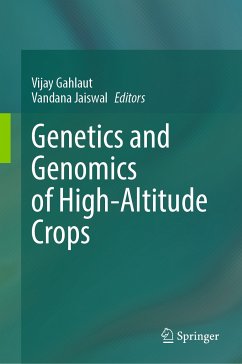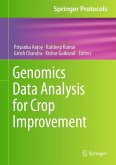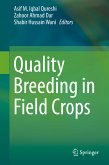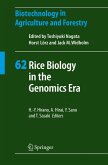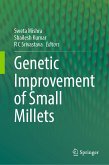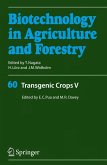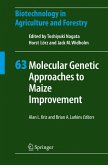High-altitude crops are challenged by several high-altitude specific environmental stresses, i.e., extensive UV-B irradiation, extremely low temperature and intense hypoxia. These environmental constraints would be expected to cause genomic variations in HACs. Several studies have been conducted to dissect genetic and genomic regions in HACs to cope up with environmental stresses. However, these types of studies were not compiled or summarized anywhere.
This book is of interest to teachers, researchers, climate change scientists, capacity builders and policymakers. Also, the book serves as a valuable resource for undergraduate and graduate students of agriculture, crop biotechnology, and environmental sciences. Scientists and policymakers who are working on high-altitude crops will also find this to be a useful read.
Dieser Download kann aus rechtlichen Gründen nur mit Rechnungsadresse in A, B, BG, CY, CZ, D, DK, EW, E, FIN, F, GR, HR, H, IRL, I, LT, L, LR, M, NL, PL, P, R, S, SLO, SK ausgeliefert werden.

